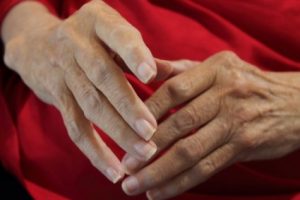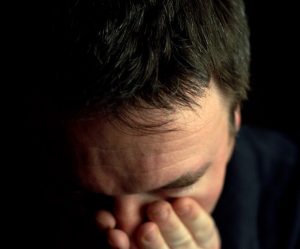Almost every parent views their very top priority to be keeping their children safe. This is especially true in their first few years of life.
But now a new study published in the journal Pediatrics reveals a child under the age of three is injured every eight minutes in the U.S. due to accidents stemming from products. Researchers gleaned information from the National Electronic Injury Surveillance System from 1991 through 2011. Over this 21-year period, there was initially a substantial drop in injuries of about 34 percent from 1991 to 2003, attributed largely to the sharp drop in baby walker/ jumper/ exerciser injuries. A number of these products were taken off the shelves and parents began to learn more about the dangers. However, this period of declining child product injuries was followed by a dramatic upswing from 2003 to 2011 of 24 percent. Most of these new cases were classified as closed head injuries and concussions.
In trying to determine the most dangerous products that require closer attention, researchers found the products that caused the most problems for young children to be:
- Baby carriers – 20 percent
- Cribs and mattresses – 19 percent
- Strollers and carriages – 17 percent
- Baby walkers/ jumpers/ exercisers – 16 percent
 Broward Injury Lawyer Blog
Broward Injury Lawyer Blog












